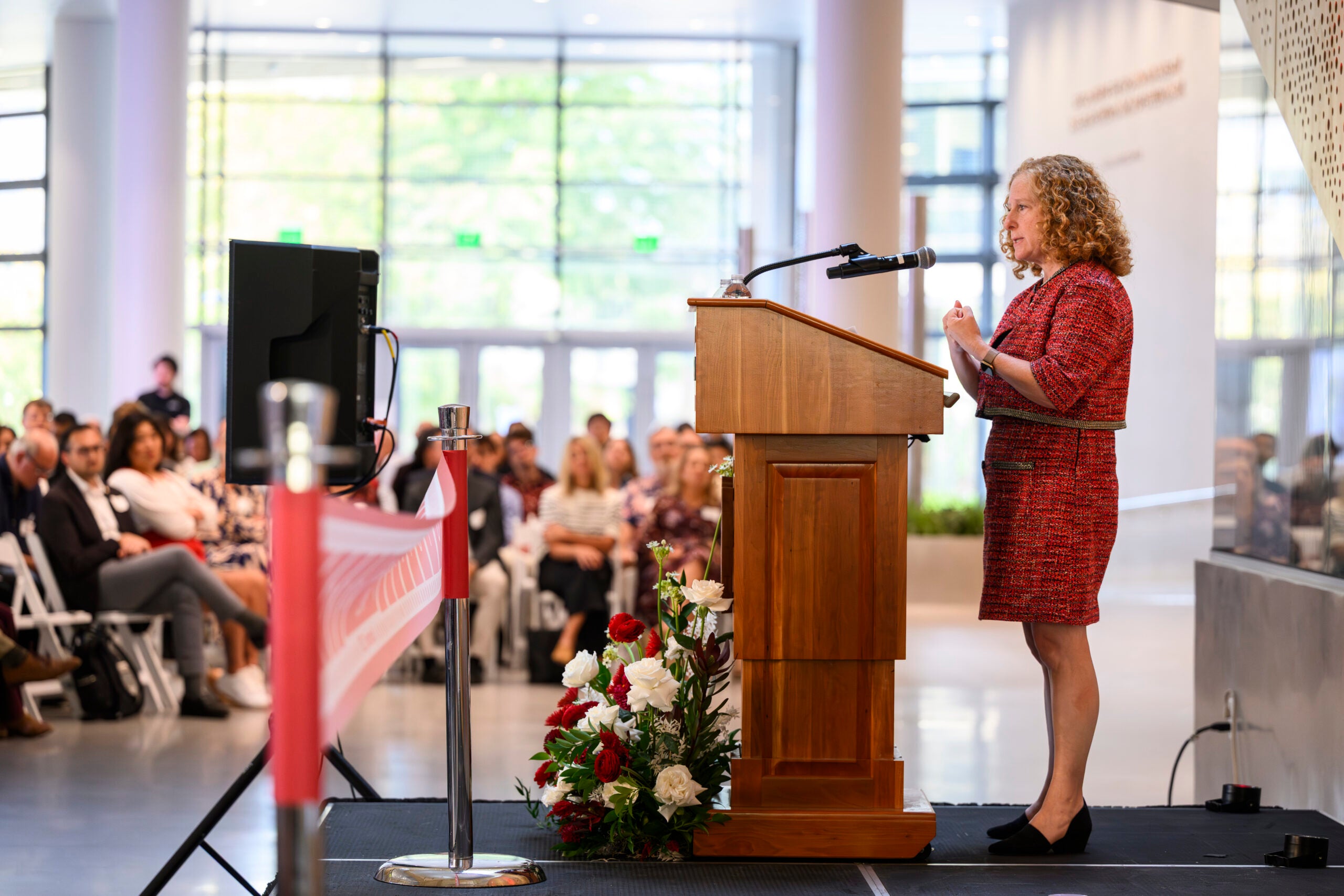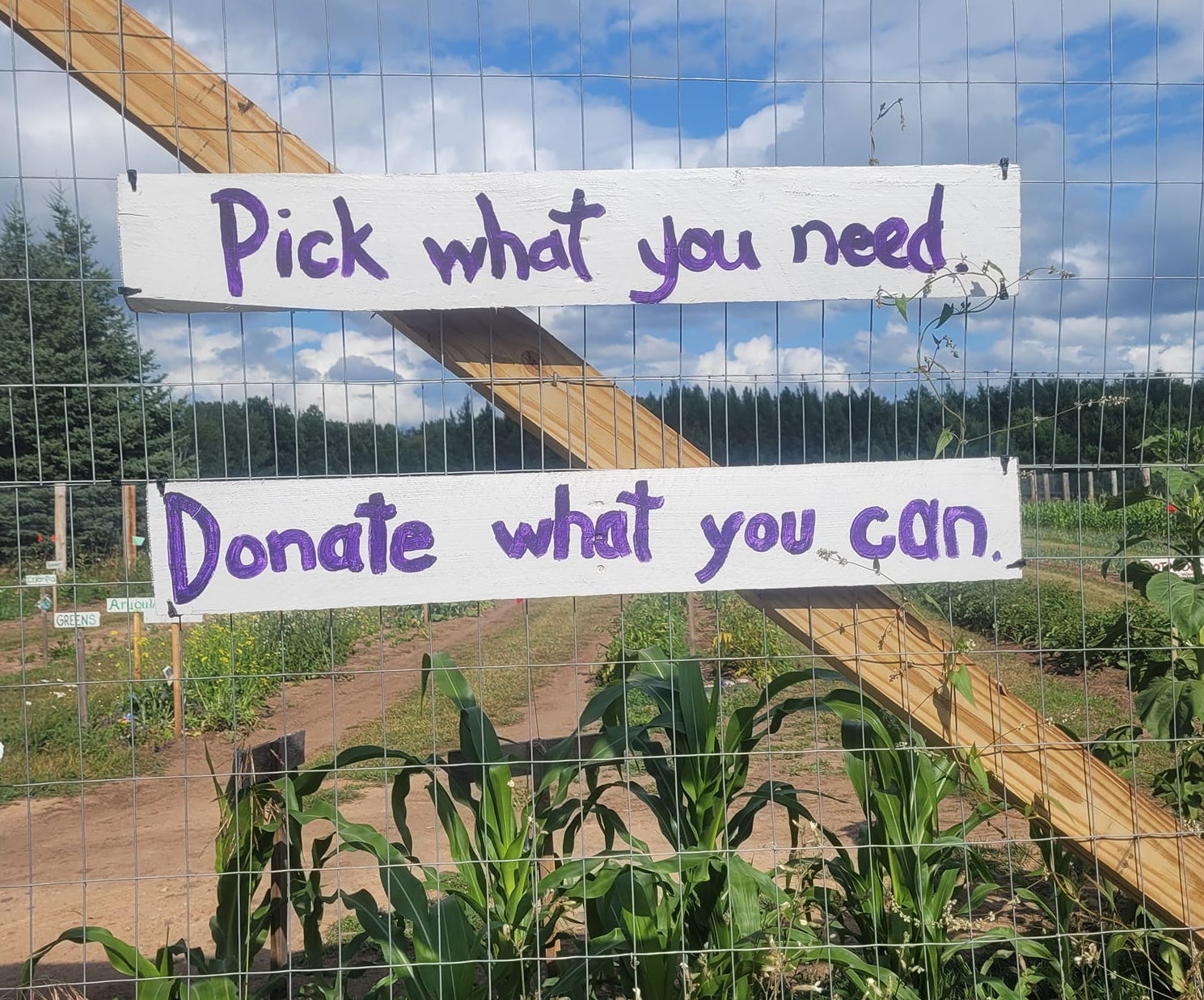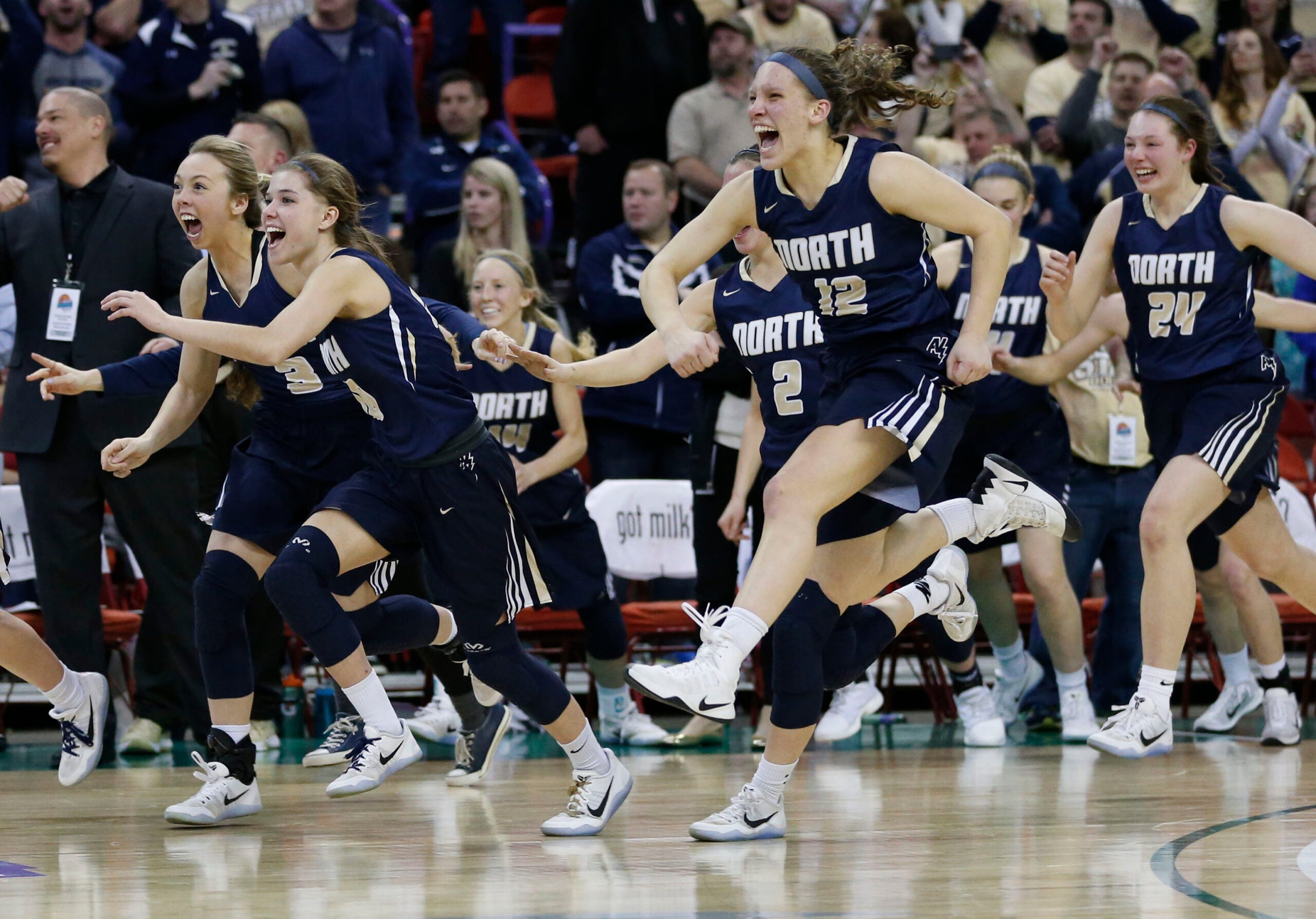Women today account for 18 percent of computer science graduates, which is down from 37 percent in 1984. Our guest talks about a club in Milwaukee that aims to close the gender gap in the field. We also take a look at the issue of food waste in America, and talk about GOP lawmakers reactions to the UW-Madison faculty’s vote of no confidence.
Featured in this Show
-
UW-Milwaukee Club Aims To Get Young Girls Interested In Coding, Computer Science
One of the most in-demand college majors these days is computer science, with the U.S. Department of Labor projecting that there will be 1.4 million computer specialist job openings by 2020.
However, fewer than 20 percent of computer science graduates are women.
Throughout the U.S., there are efforts underway to try and change that, including the group Girls Who Code. Founder Reshma Saujani, the former deputy public advocate of New York City, was inspired to start the group after vising classrooms where coding was taught and noticing that the classes were primarily made up of boys.
Now, educators at the University of Wisconsin-Milwaukee are getting in on the action. Earlier this year, UW-Milwaukee’s College of Engineering & Applied Science launched a Girls Who Code club, aimed at getting young girls interested in computer science and more specifically, coding.
“The issue with computer science is that there’s a pipeline issue,” said Christine Cheng, one of the leaders of UW-Milwaukee’s Girls Who Code club. “We’re not having a lot of girls in college because there’s not a lot of girls in high school who are doing computer science, because there’s not a lot of girls in middle school who are interested in computer science. So, you kind of have to build the pipeline.”
Cheng, who is also an associate professor of computer science at UW-Milwaukee, said the club is working to expose girls of all ages to coding. She said the program has drawn interest from fourth-graders all the way to high schoolers.
Marquette University also offers a Girls Who Code club, as well.
One of the biggest challenges, Cheng said, is getting young people to understand what computer science actually is. She recalled a recent experience where she asked her students what they thought the public’s perception of a computer scientist is.
One replied that it conjured up the image of a guy working on his computer in a dark basement, drinking Mountain Dew.
Cheng said the program is working hard to counter that perception.
“We need to show them that you’re doing actually interesting work,” Cheng said. “A lot of work that’s done in computer science has a social component, that you’re trying to improve people’s lives and so forth.”
To that end, Cheng said the Girls Who Code curriculum is very hands on, with short lectures and ample time for experimentation.
“The girls can get to do something really interesting immediately,” she said. “They get to see a lot of animation, they make things move, and they get to do interactive stuff.”
Even better, the coding language the girls learn, Python, is one that’s actively used in the real world.
“They’re getting to know the language, they’re getting to know the most important concepts in coding without it being very dry,” Cheng said. “It’s a drag and drop method for writing your code. So they avoid the mistake that typically baffles initial learners of coding where you mistype something and then you’re spending 30 minutes trying to figure out what’s wrong with it.”
Cheng said it’s a huge step up from how her colleagues and herself learned how to code.
“It was a black screen and we were typing things and trying to make things appear,” she said.
There’s also the importance of having role models. Along with Cheng, UW-Milwaukee’s Girls Who Code Club consists of two other instructors and a pool of 10 volunteers — all women.
“For a young girl, it’s important to recognize that there are women … who are interested in this field, so they don’t feel like they’re the only one in the room,” she said.
Cheng said there’s been great interest in the program so far. An information session about Girls Who Code earlier this year drew 110 people when 50 were expected.
“I think both the parents recognize it’s a skill they want their kids to have, and I think the girls themselves were very interested in learning how to code,” she said.
She added that she hopes the program will continue to grow in the years to come, and be able to serve other underrepresented groups in the world of coding.
“That’s the key, trying to increase diversity in computer science,” she said.
-
Wisconsin GOP Reacts To UW-Madison Faculty Vote Of Confidence
While many UW-Madison faculty might be satisfied with an overwhelming vote of no confidence in the UW System President Ray Cross and the Board of Regents, some Wisconsin GOP lawmakers are disappointed in the decision. We talk to WPR State Capitol Reporter Laurel White about some of the reactions from GOP legislators to the vote of no confidence.
-
UW-Milwaukee's Girls Who Code Club Looks To Close Gender Gap In Tech
Only 0.4 percent of high school girls express interest in majoring in Computer Science, but an organization called Girls Who Code wants to change that. An expert from UW-Milwaukee talks about how the school has recently gotten involved with the organization.
-
Freegans And What Is Waste
Many food movements, like the push for organics and fair trade, focus on what leads a product to market. But when 40% of food in the U.S. is discarded, some say that where food ends up should be equally important.
Episode Credits
- Rob Ferrett Host
- Judith Siers-Poisson Host
- Matt Oleson Producer
- Haleema Shah Producer
- Judith Siers-Poisson Producer
- Christine Cheng Guest
- Laurel White Guest
- Alex V. Barnard Guest
Wisconsin Public Radio, © Copyright 2025, Board of Regents of the University of Wisconsin System and Wisconsin Educational Communications Board.





